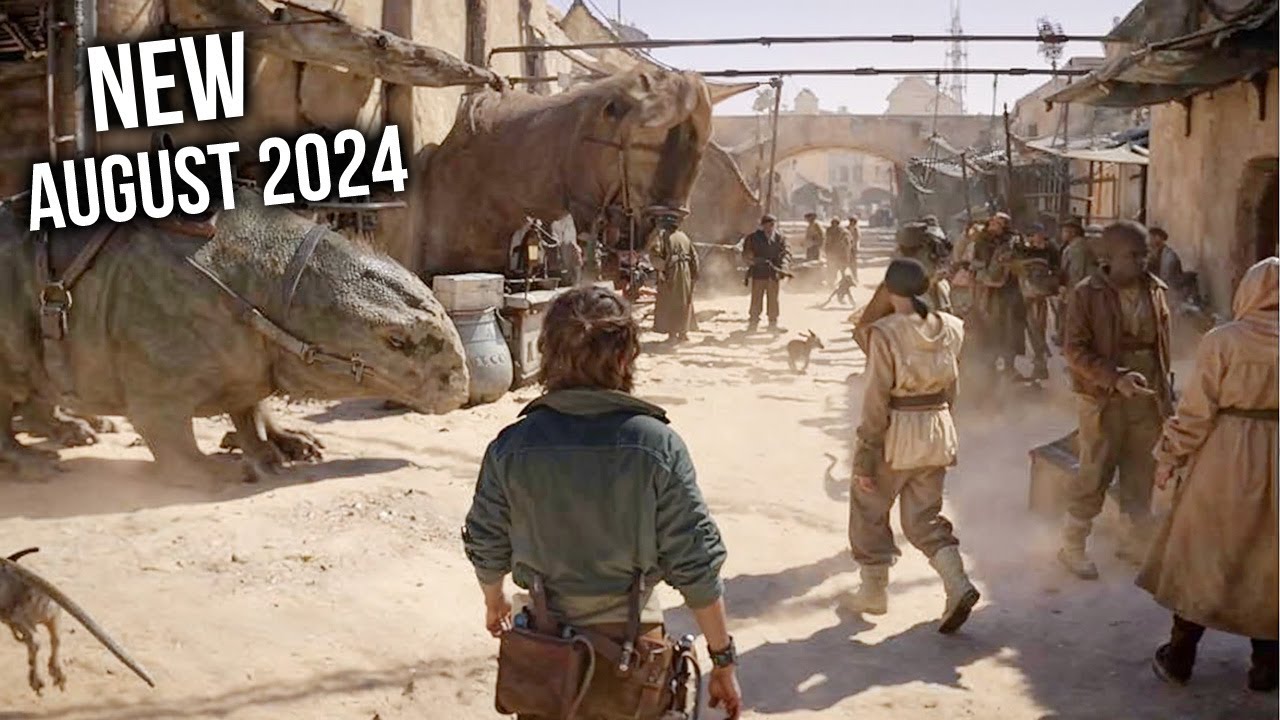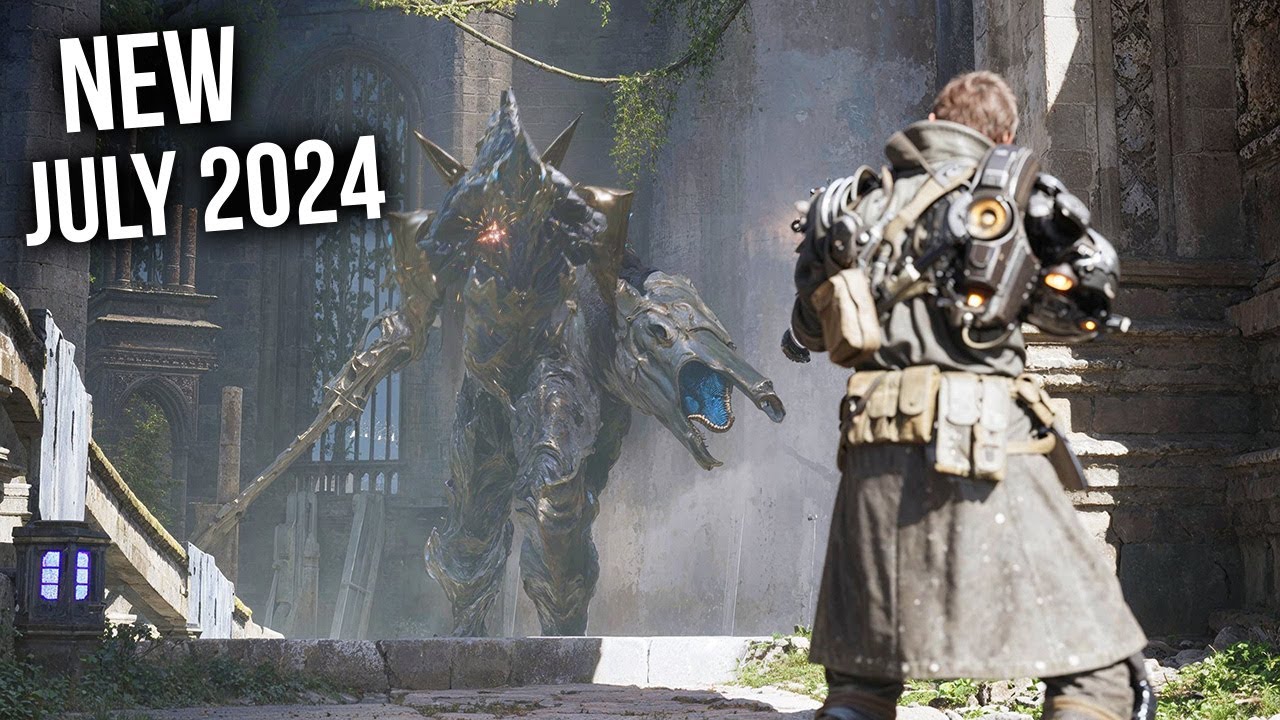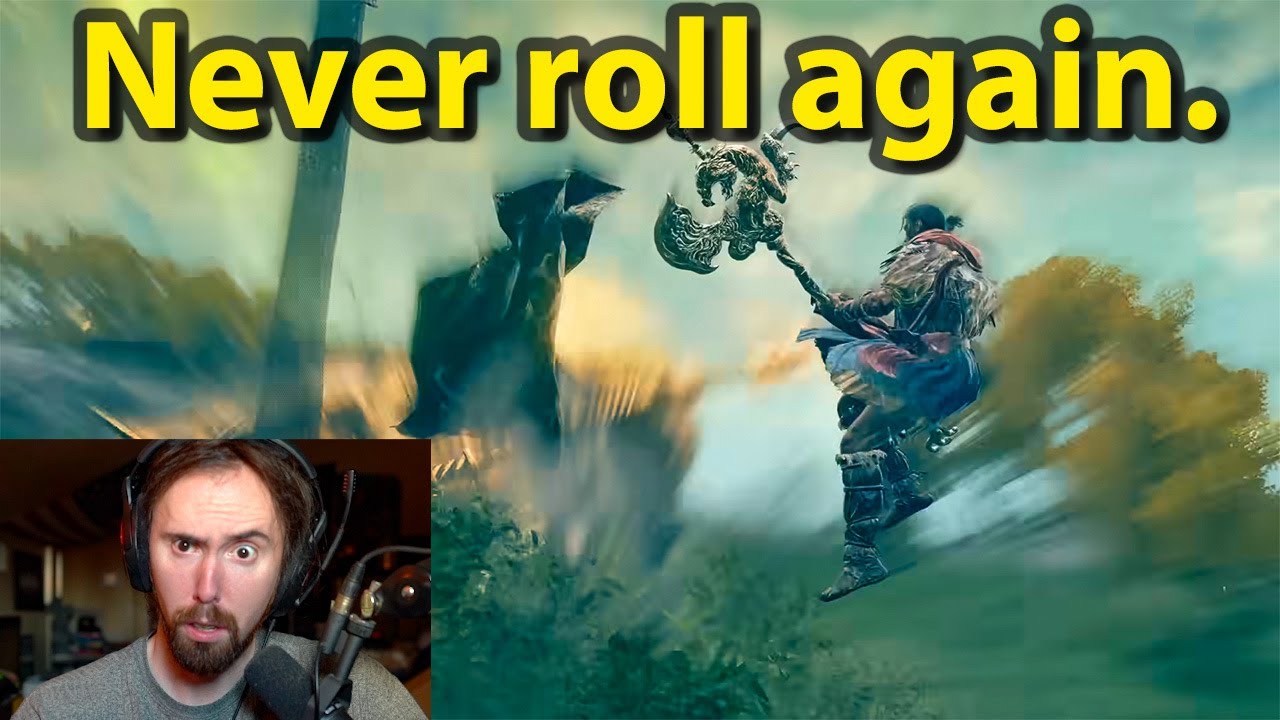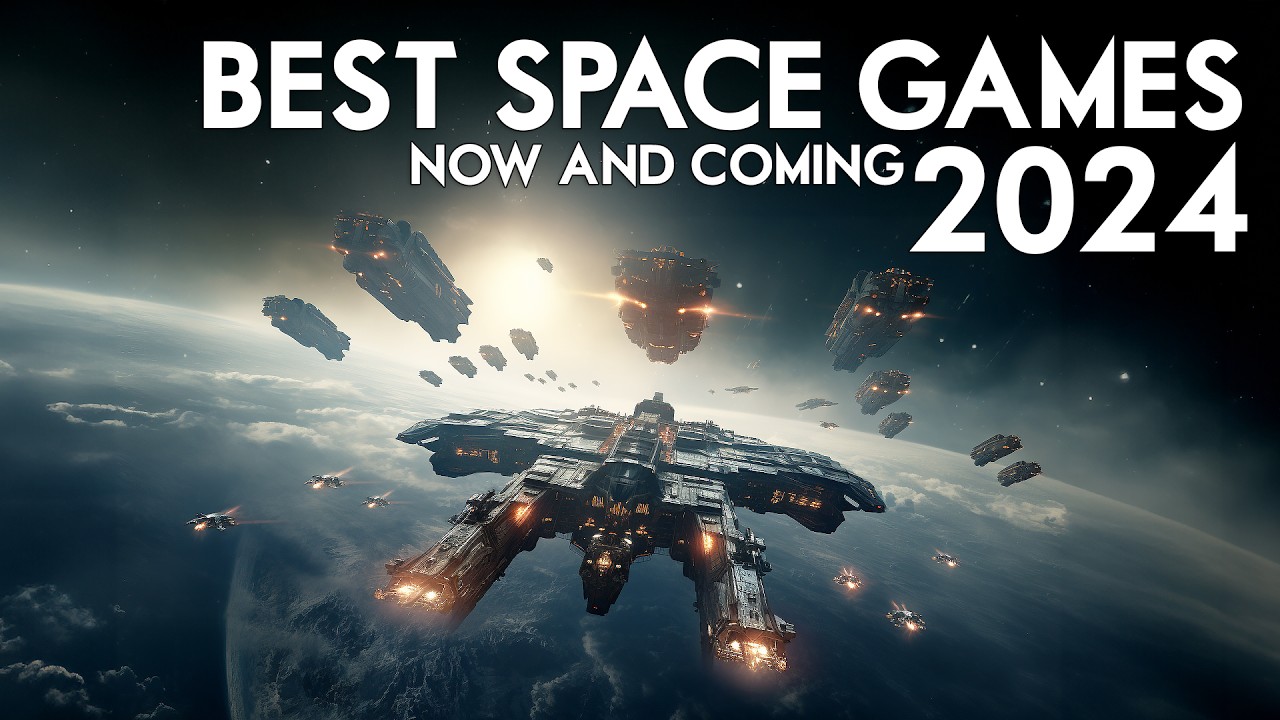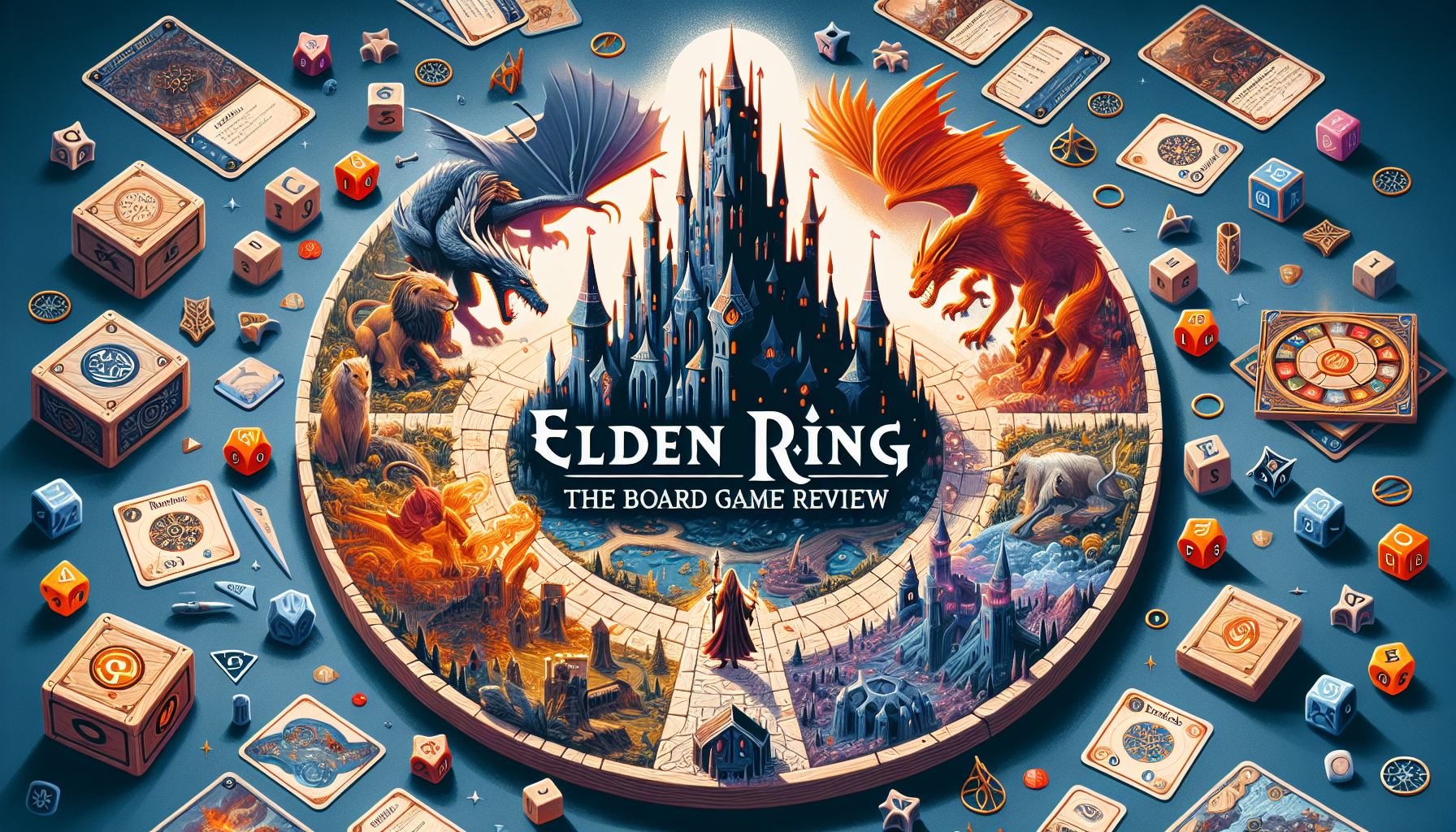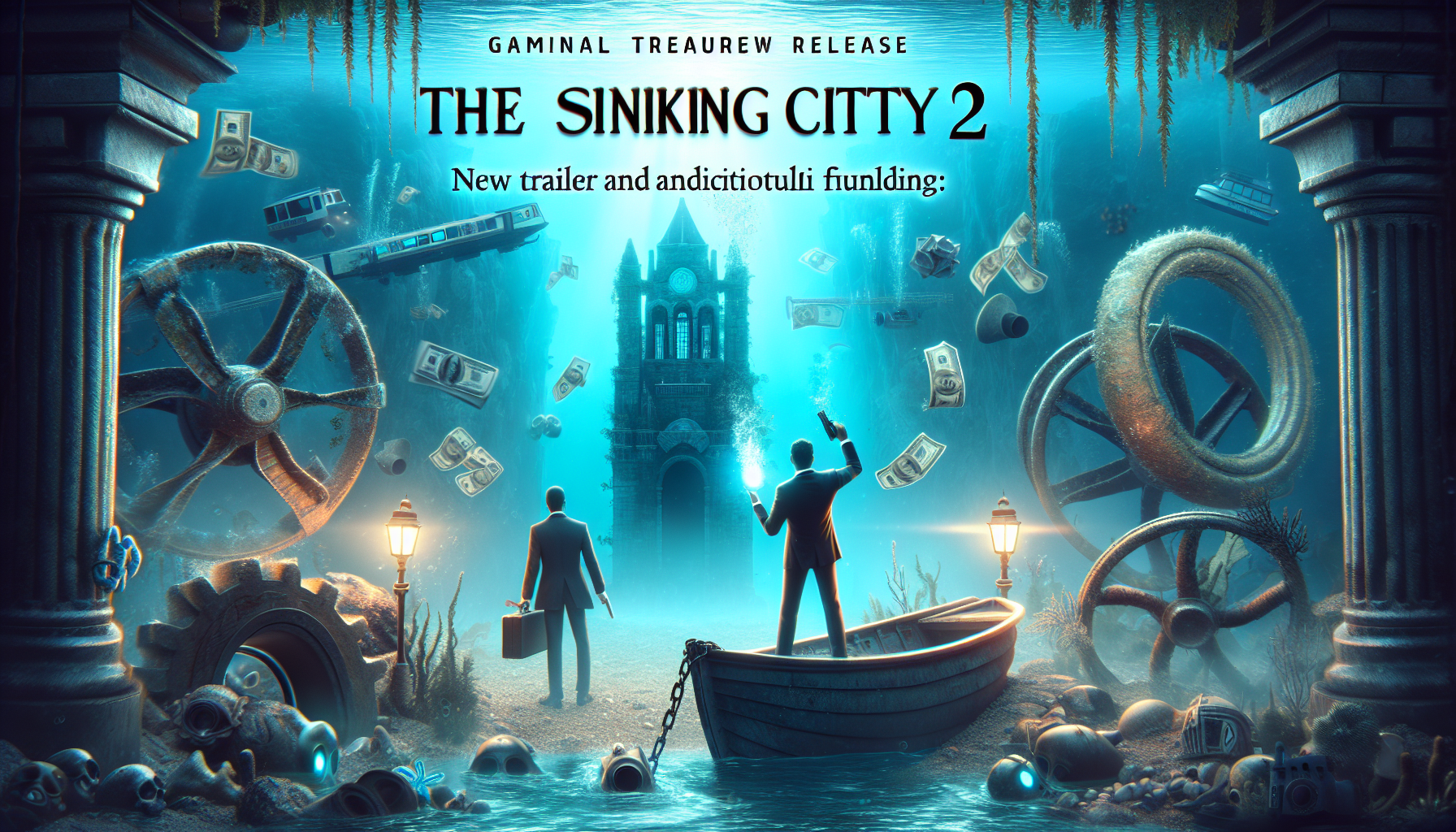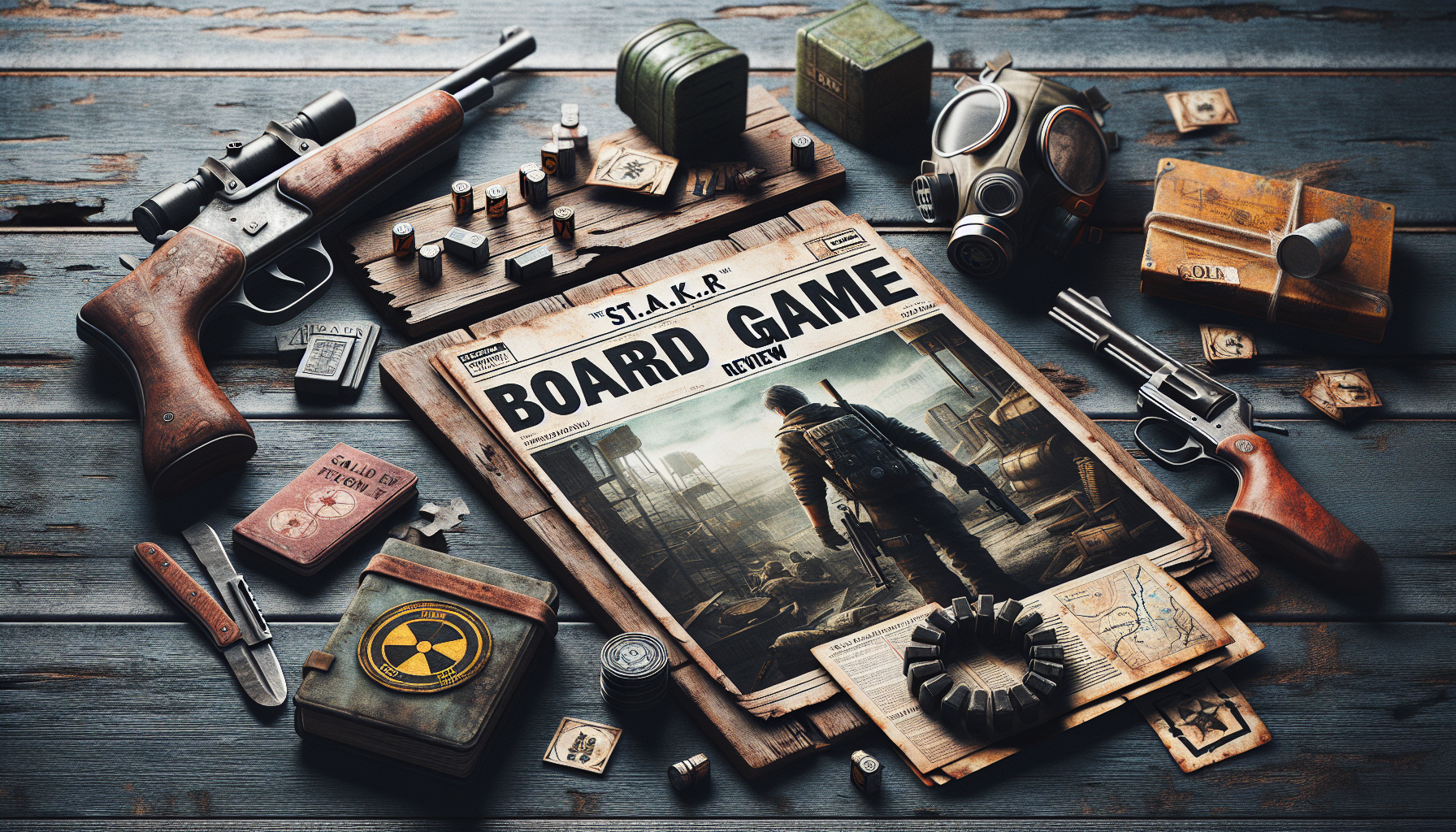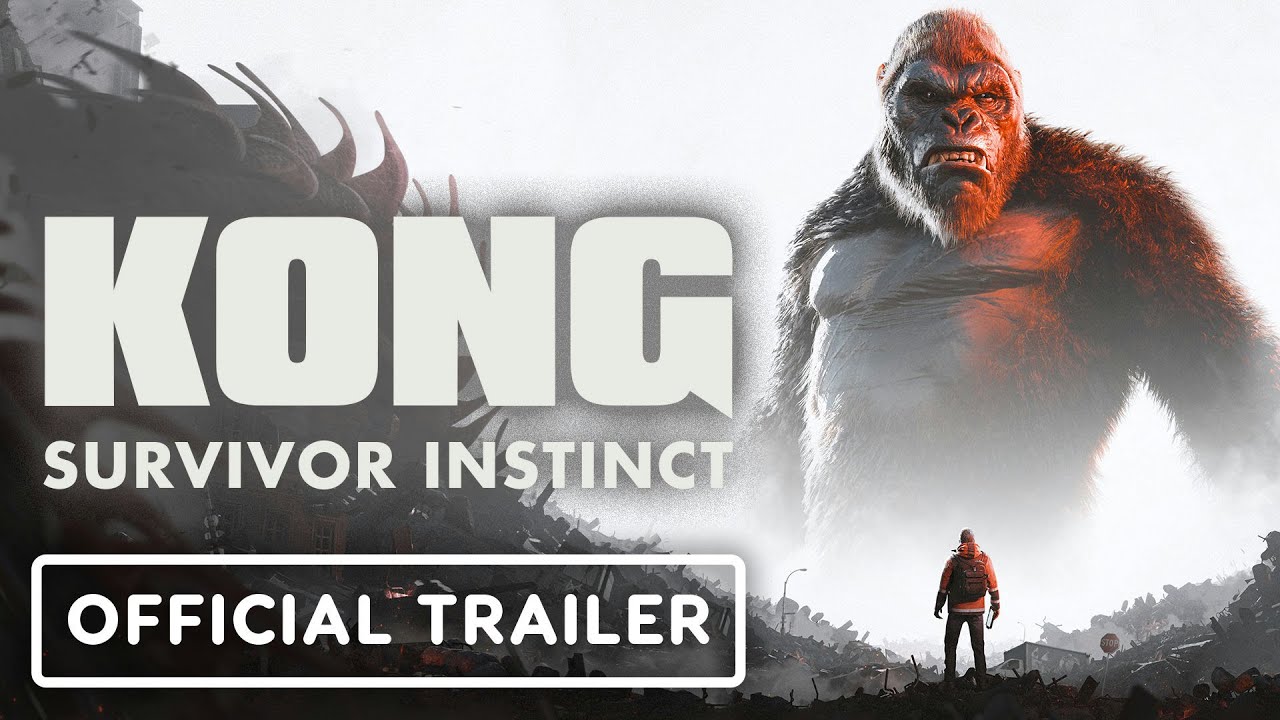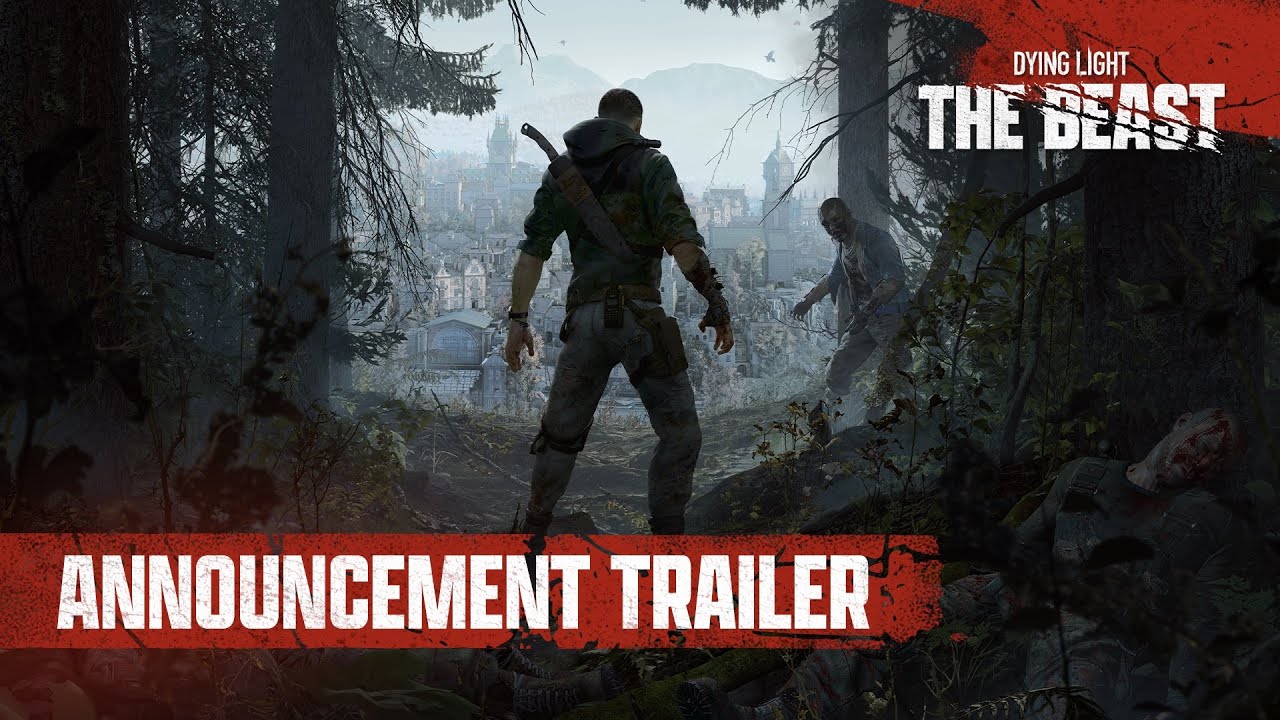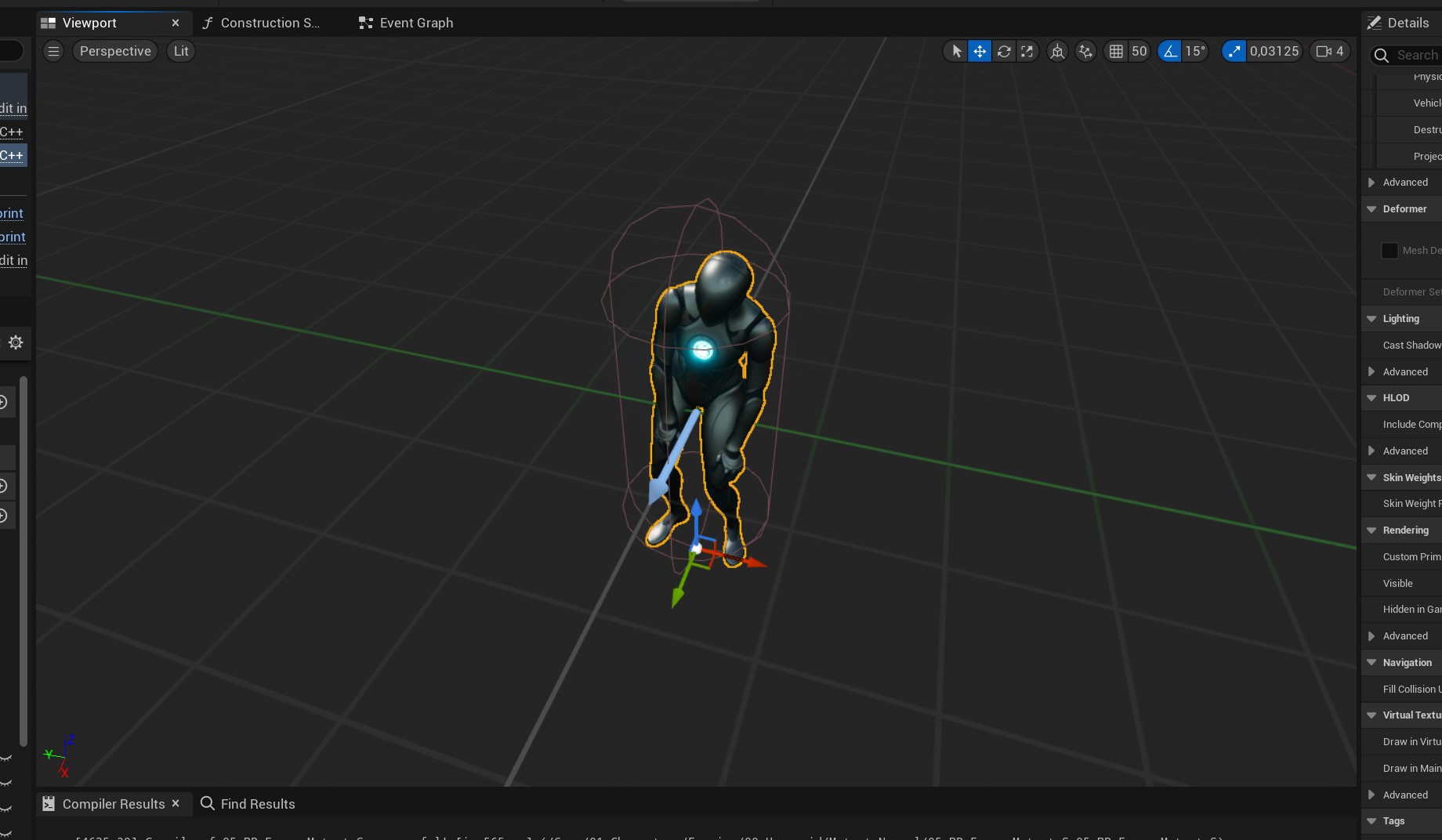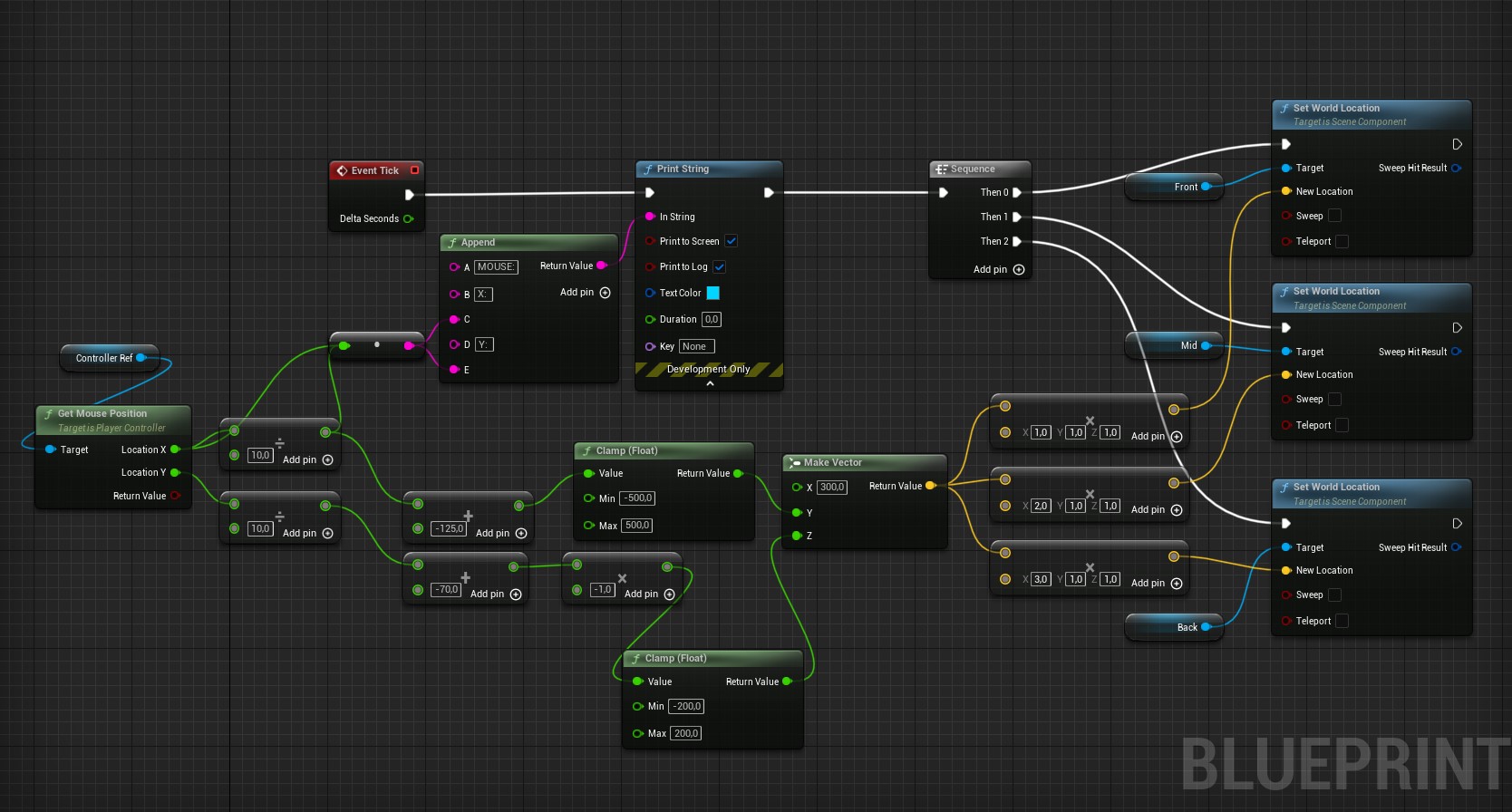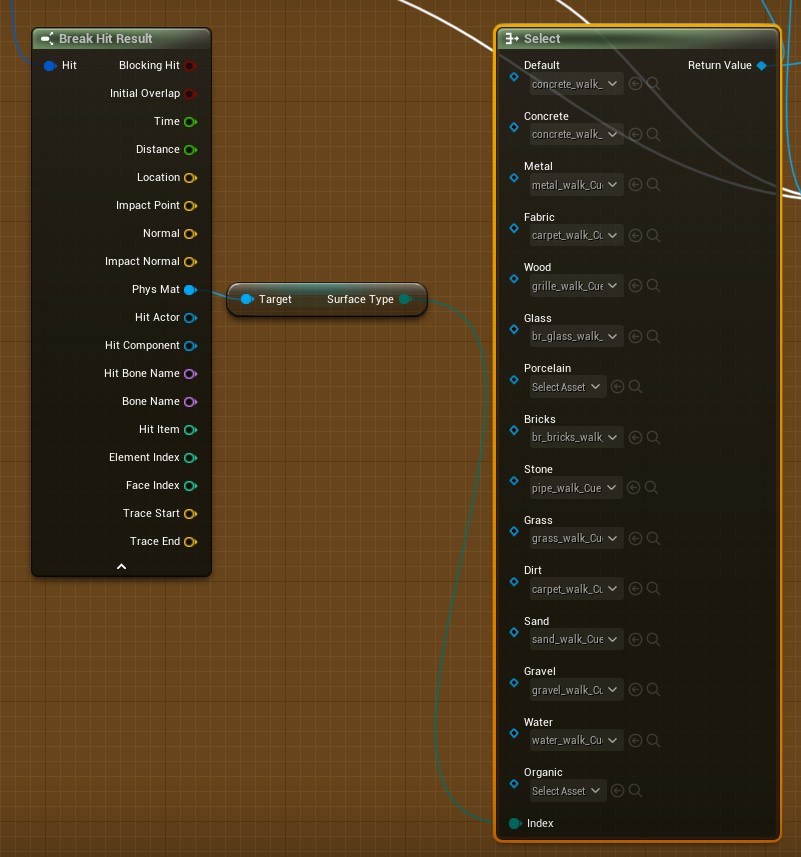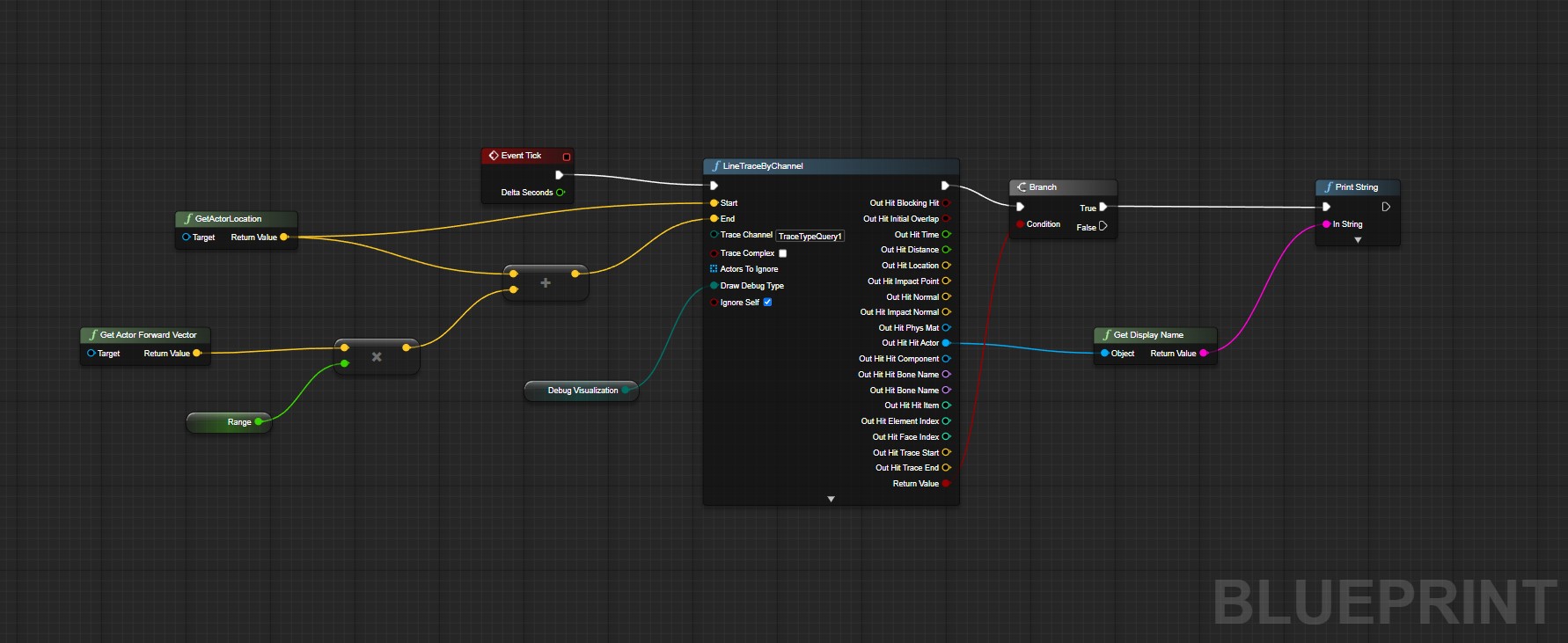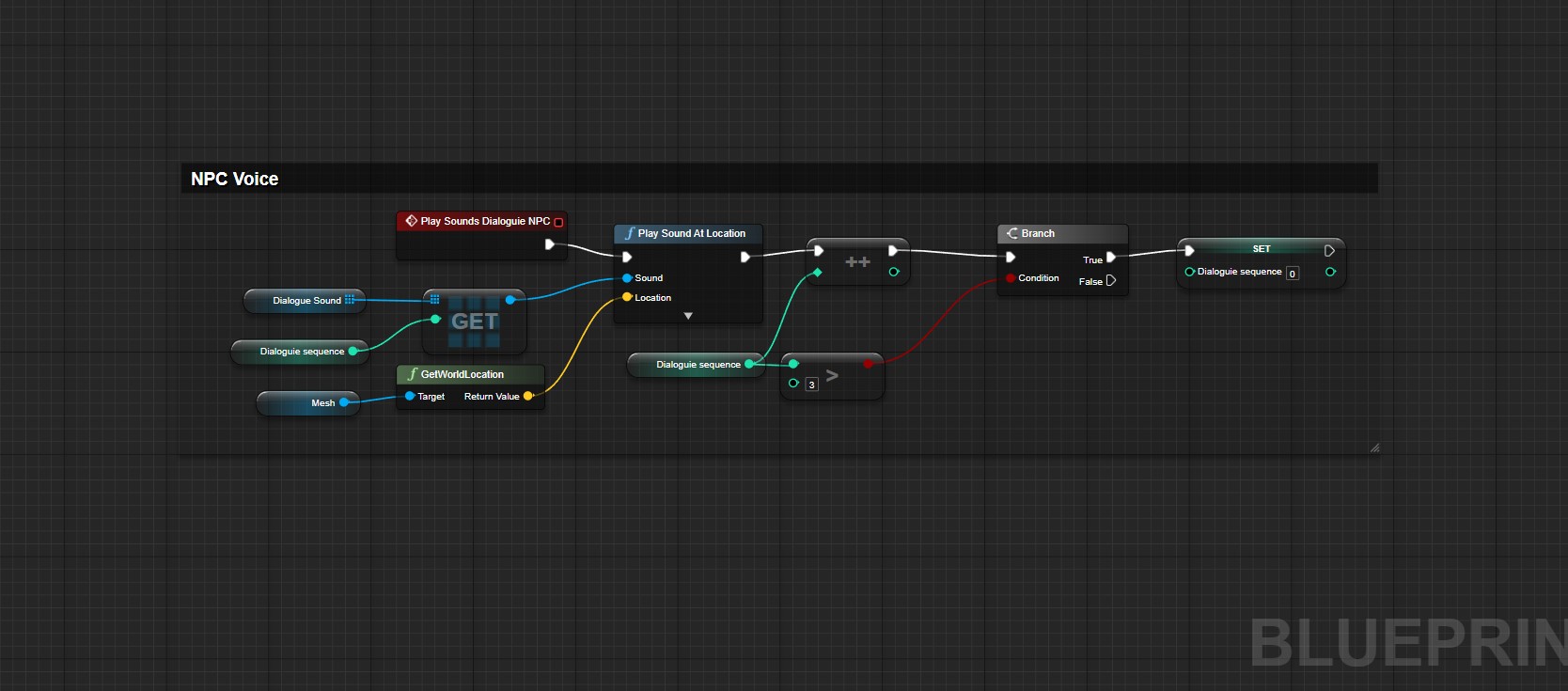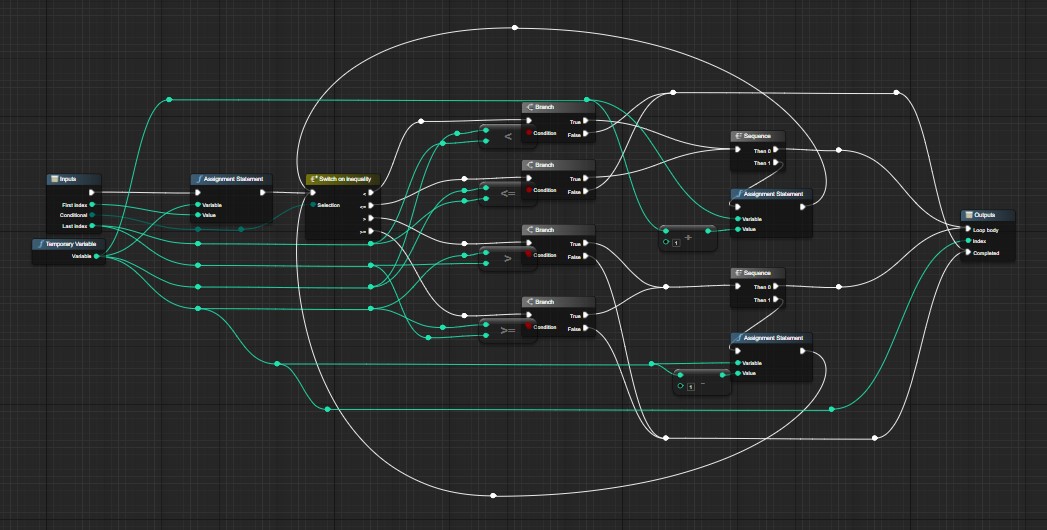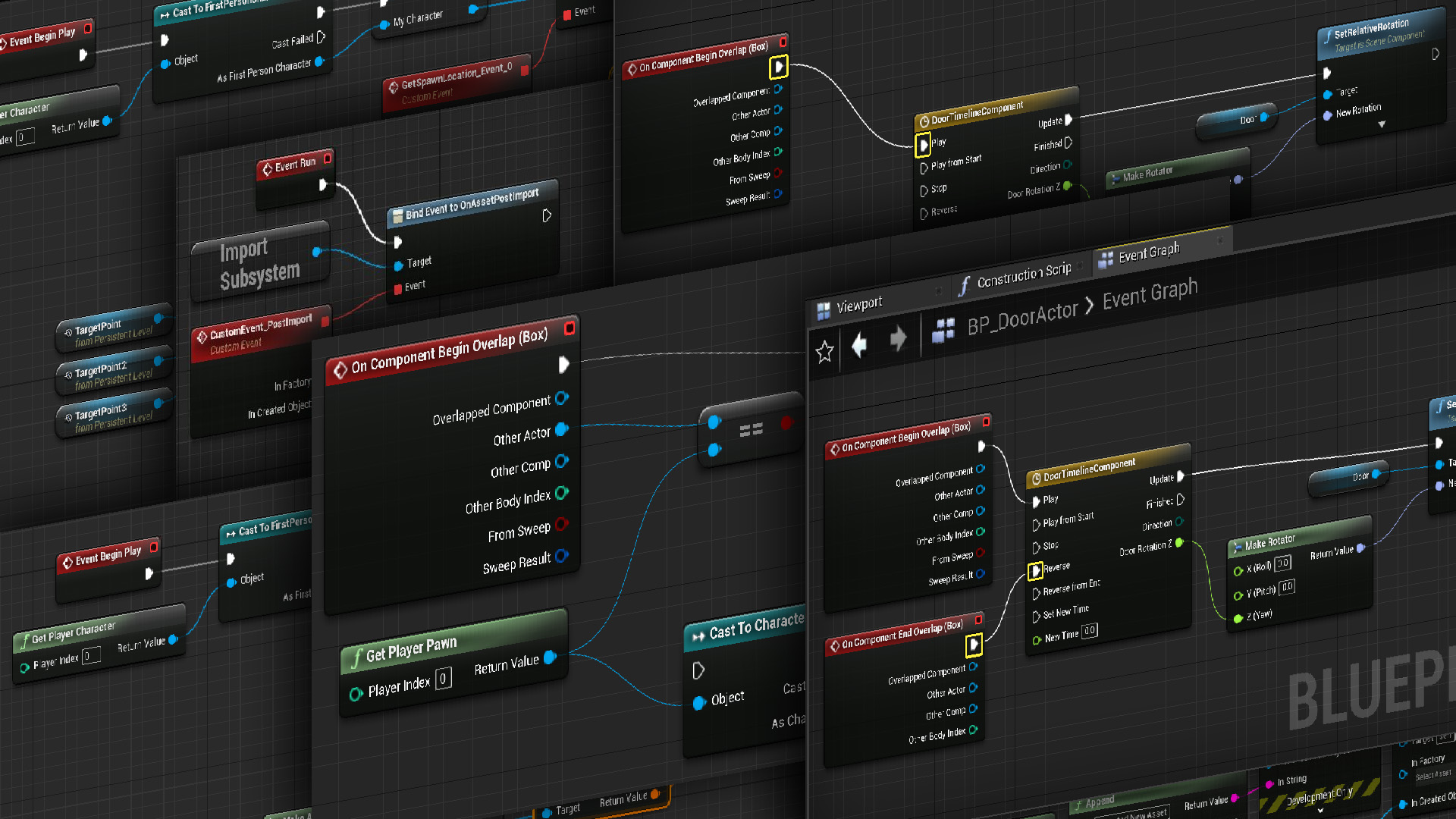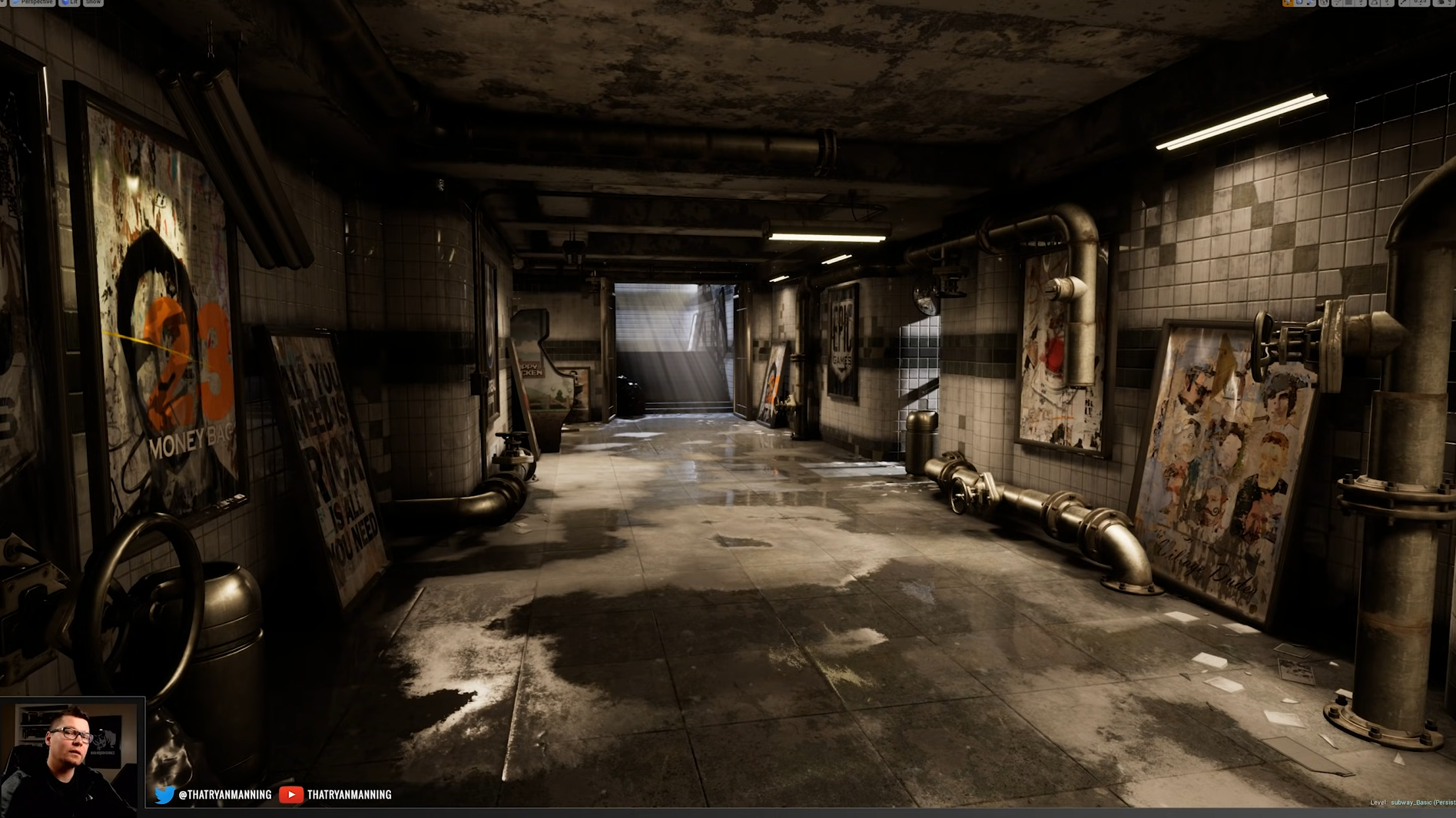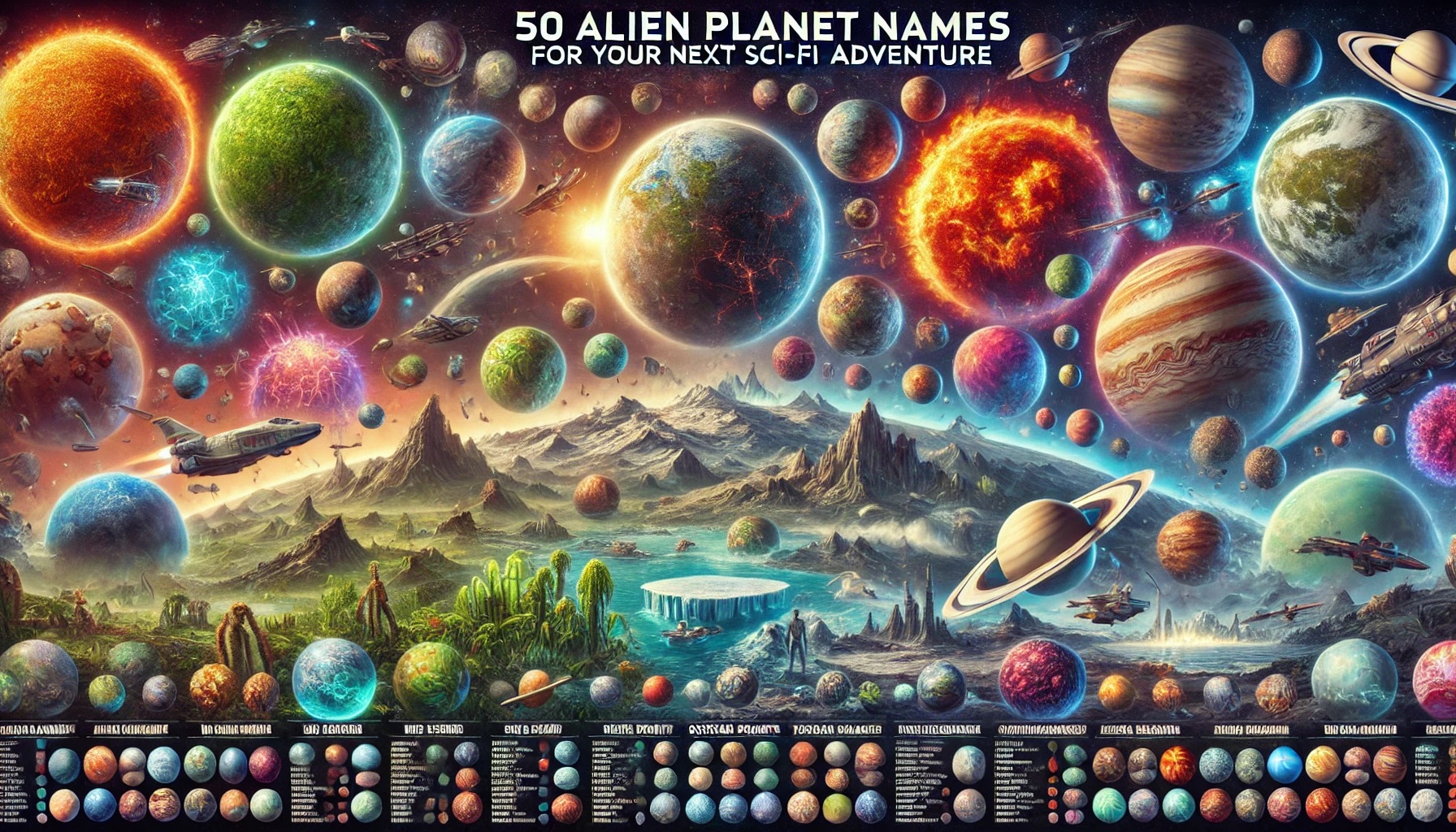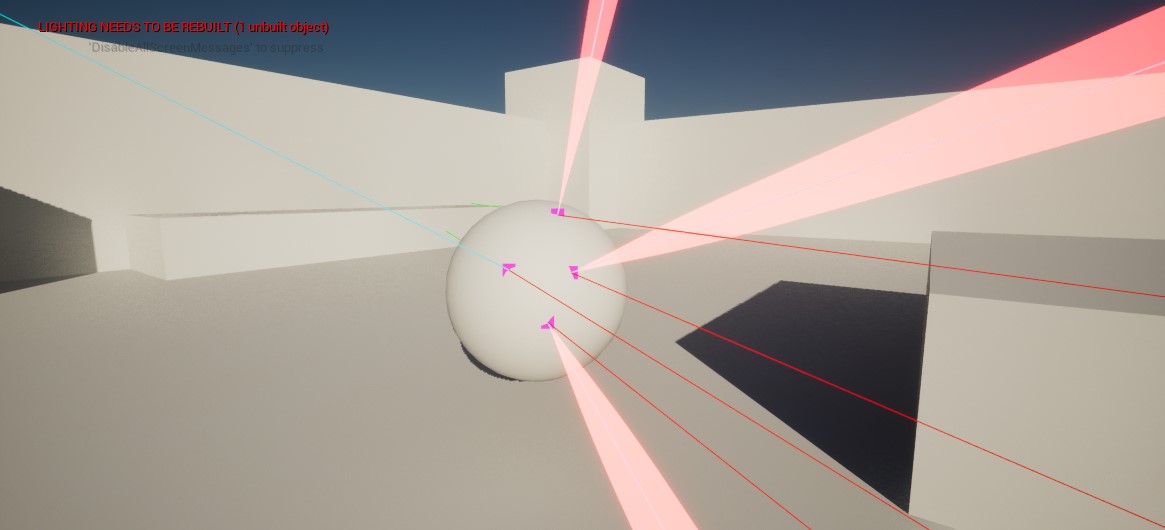In a bold new step for the iconic strategy series, Civilization 7 introduces the unexpected capability of mixing and matching leaders and civilizations beyond traditional historical pairings. This seismic shift in gameplay allows players unprecedented freedom, enabling scenarios like having Confucius lead Spain or Xerxes command the Mayans. However, this change has ignited debates, splitting the game’s ardent fanbase.
Historically, the Civilization series adhered to pairing leaders with their respective civilizations, adhering to a narrative that made historical sense. Elizabeth I with England and Gandhi with India were parts of this storytelling. Civilization 7 shatters these conventions, offering a gameplay dynamic that blends historical periods and leaders in innovative, albeit controversial, ways.
Ed Beach, the lead designer of Civilization 7, defends this mix-and-match mechanic as a realignment of historical authenticity. He argues that earlier versions presented anomalies like anachronistic empires of America existing in 4000 BC. Civilization 7’s system starts players in one era and guides them through historical paths, potentially making the gameplay a more accurate historical journey than ever before. Beach illustrated this with an example: a playthrough honoring Harriet Tubman began in Aksum, transitioned through Songhai, and culminated in America, forging a narrative richer in historical depth.
Despite Firaxis Games’ assurance of historical flexibility improving the game’s narrative, Civilization 7’s reception remains mixed, especially on platforms like Steam. The game’s performance so far is marked by critiques of its user interface and restricted map diversity, suggesting unfinished elements at launch. Yet, Firaxis believes these obstacles are surmountable, and that the legacy Civilization audience will embrace the game’s innovative mechanics over time.
The creative shakeup wasn’t intended to provoke but to solve a longstanding problem in the 4X strategy genre: the challenge of completing a full game. According to Beach, Civilization 7 segments gameplay into distinct chapters, making it less overwhelming and more engaging, aiming to keep players committed to the end.
While Firaxis addresses initial launch critiques, Take-Two’s CEO Strauss Zelnick remains optimistic. He anticipates that, as audiences delve deeper into Civilization 7’s mechanics, initial apprehensions will transform into appreciation, bolstered by its encouraging early performance in the market.
For those diving into this reimagined world, IGN provides detailed guides and strategies to navigate the expansive gameplay changes and maximize your Civilization 7 experience. Whether you’re a seasoned strategist or a curious newcomer, the game challenges you to rethink history in uncharted and vibrant new ways.









